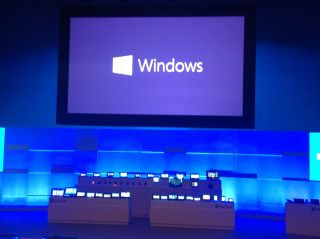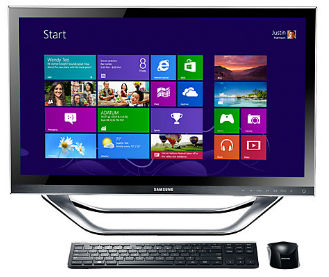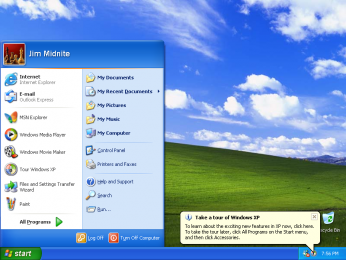 Most people were reasonably happy with Windows 7. For that matter, most people quite liked Windows XP. No one liked Vista. And it’s pretty clear that Windows 8 has gone down with the most enormous thud.
Most people were reasonably happy with Windows 7. For that matter, most people quite liked Windows XP. No one liked Vista. And it’s pretty clear that Windows 8 has gone down with the most enormous thud.
Even Microsoft seems to acknowledge that – our sister publication TechEye is reporting that it is saying Windows 7 isn’t that secure.
Actually, it’s Microsoft that isn’t that secure. And its insecurity is linked to Intel’s insecurity too. Microsoft, like Intel, was way too late to jump on the tablet bandwagon and its efforts to get into the smartphone market have been somewhat of a big fail too.
The truth is that it’s all about money and has very little to do with security. These endless patches from Microsoft for operating systems have always been a nuisance and demonstrate that on the OS front, at least, the software giant hasn’t really invented anything. It’s all been borrowed or acquired.
You can’t get a new PC from a retailer now without it being installed with Windows 8.1. Want Windows 7? You’ll have to buy it separately. And if you believe Microsoft, it’s not that secure anyway.
At the launch of Windows XP in London all those years back, Steve Ballmer told us that it was the most secure version of Windows ever. Some of us remember what happened with that one.
I have a machine here that’s running Windows XP and there’s no way I’m “upgrading” it to Windows 8.1. That will leave me insecure, according to Microsoft. Insecure I will be, then. But I do get the definite feeling that I’m not alone in sticking with an OS I like and without the tablet feel I expect on a tablet, not on a PC.








